In the case of this game, the Japanese developers took some influences from Western developers like Bethesda (Elder Scrolls). In a way this has come full circle because those Western devs were also influenced by the original Zelda game. This reciprocal element of influence between the West and the East reminds me of the legendary Japanese film director Akira Kurosawa, who was influenced by the great American director John Ford, and Kurosawa would in turn influence other American directors like George Lucas and Martin Scorsese.
The greatest handheld videogame ever created. Playing through the recent release of the remake on Nintendo Switch 100% reaffirms my opinion about this. This was the first Zelda game not to actually feature the characters of Zelda and Ganon, and also not take place in the kingdom of Hyrule. It was the first top-down perspective Zelda game to feature a jumping mechanic. The dungeon design is again phenomenal, with Eagle's Tower being a personal series favorite of mine. In an interview with Zelda Producer Eiji Aonuma and Link's Awakening director Takashi Tezuka, Takashi stated his game was inspired by one of my favorite TV shows, "Twin Peaks", which was being broadcast at the time in the early 1990s. It's a perfect "classic" Zelda style game like A Link to the Past, without any flaws to speak of.
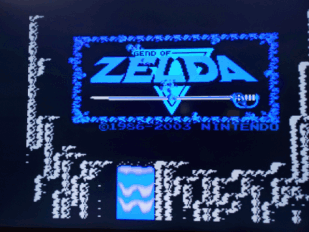
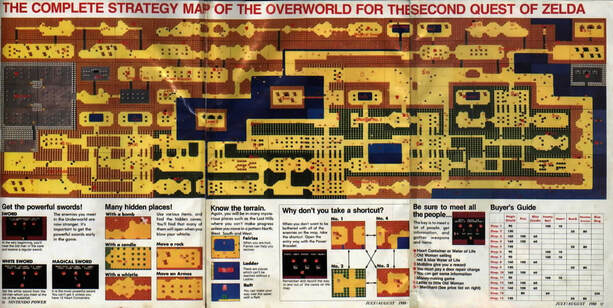
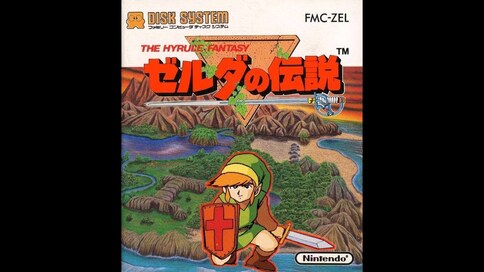
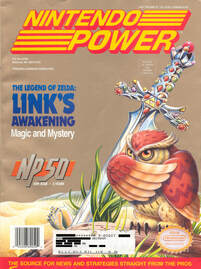
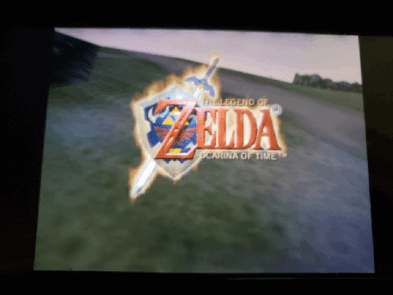
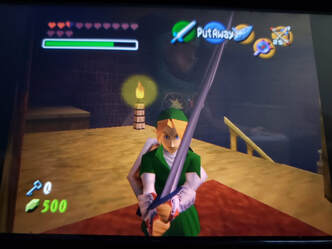
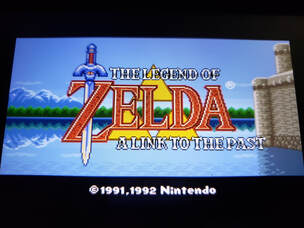
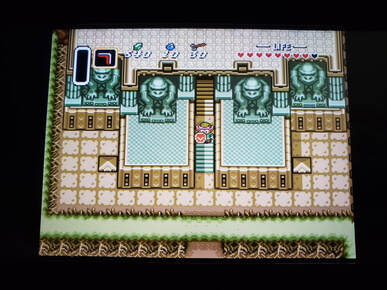
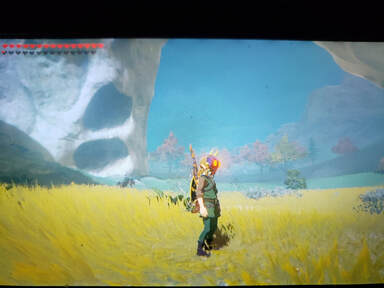
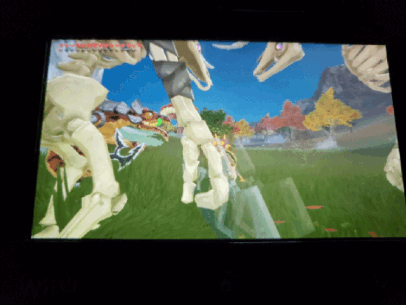
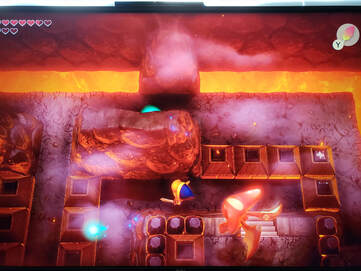
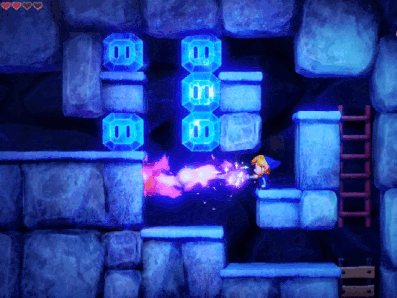
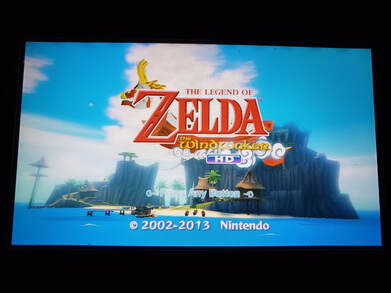
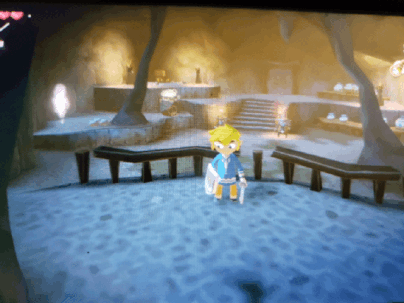
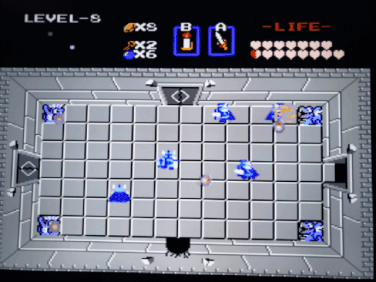
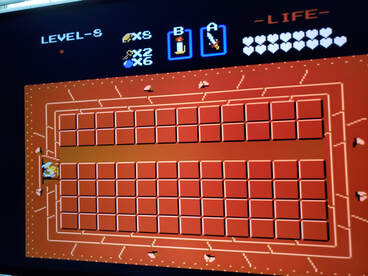
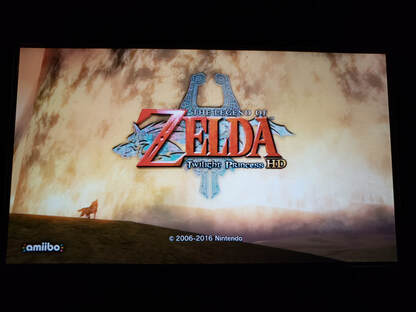
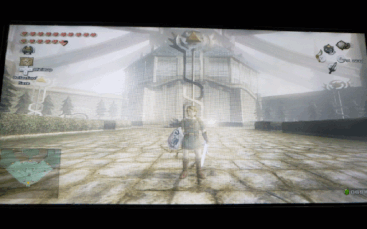
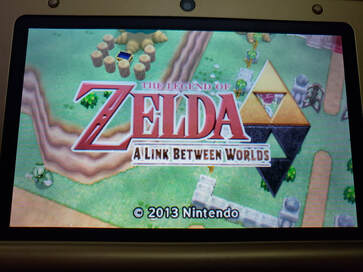
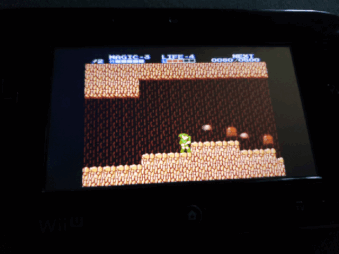
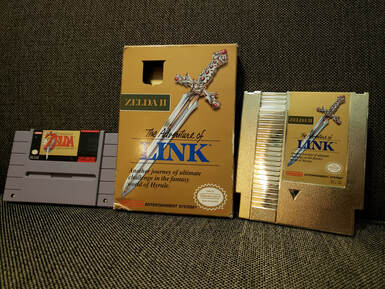

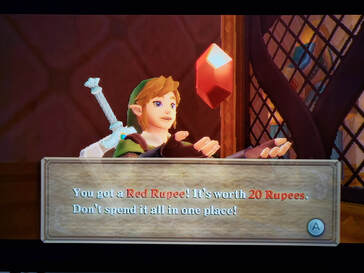

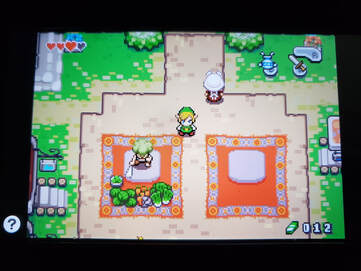
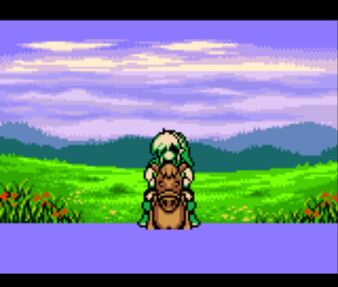
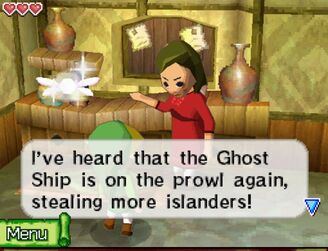

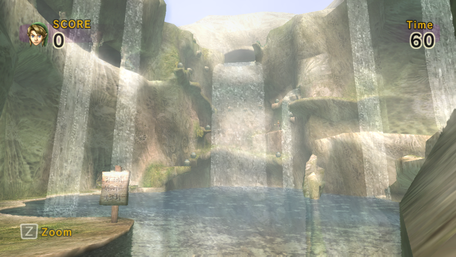
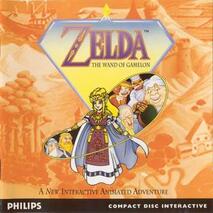
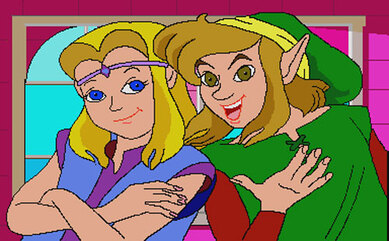
 RSS Feed
RSS Feed
